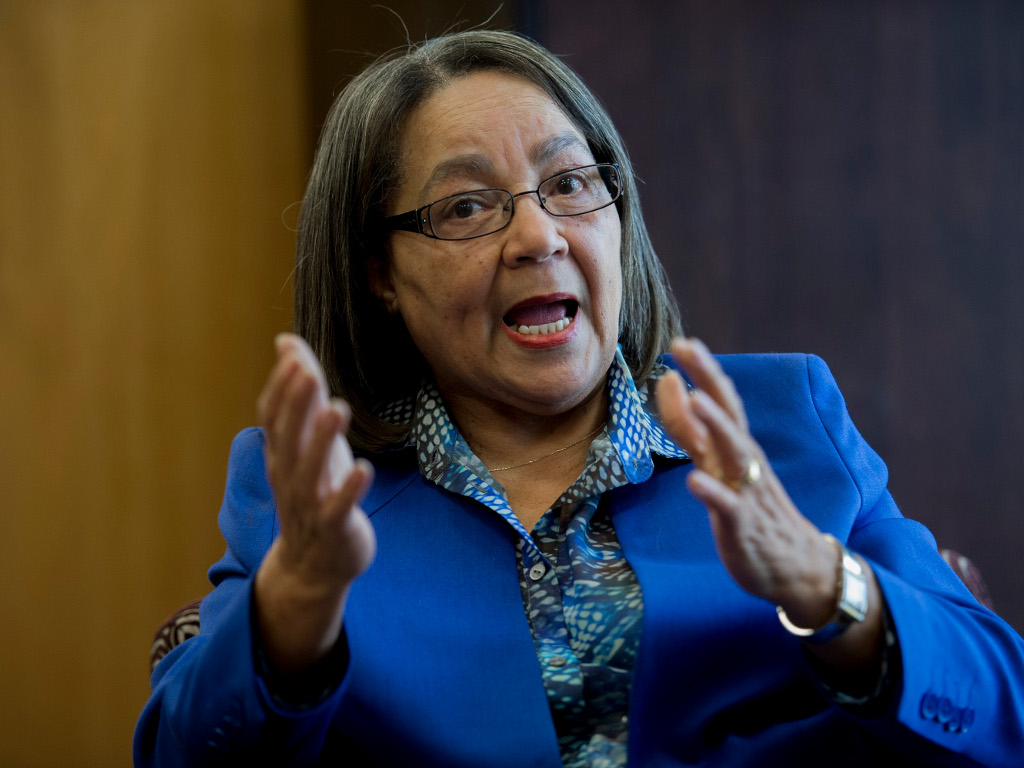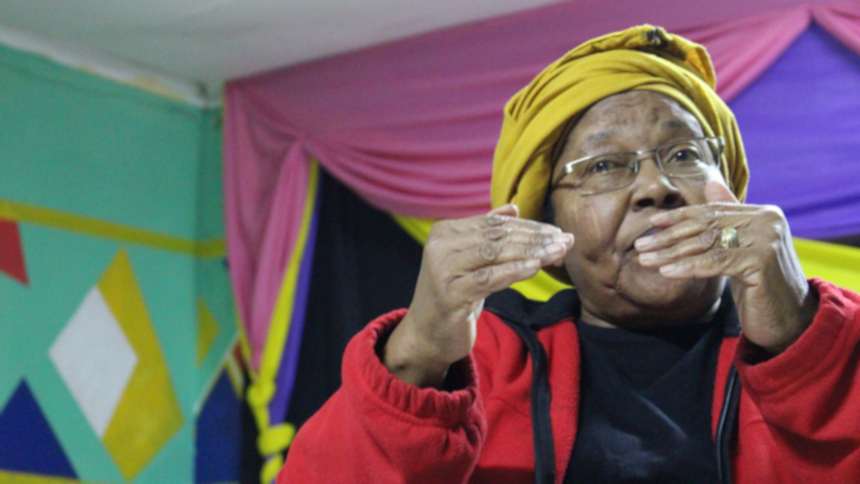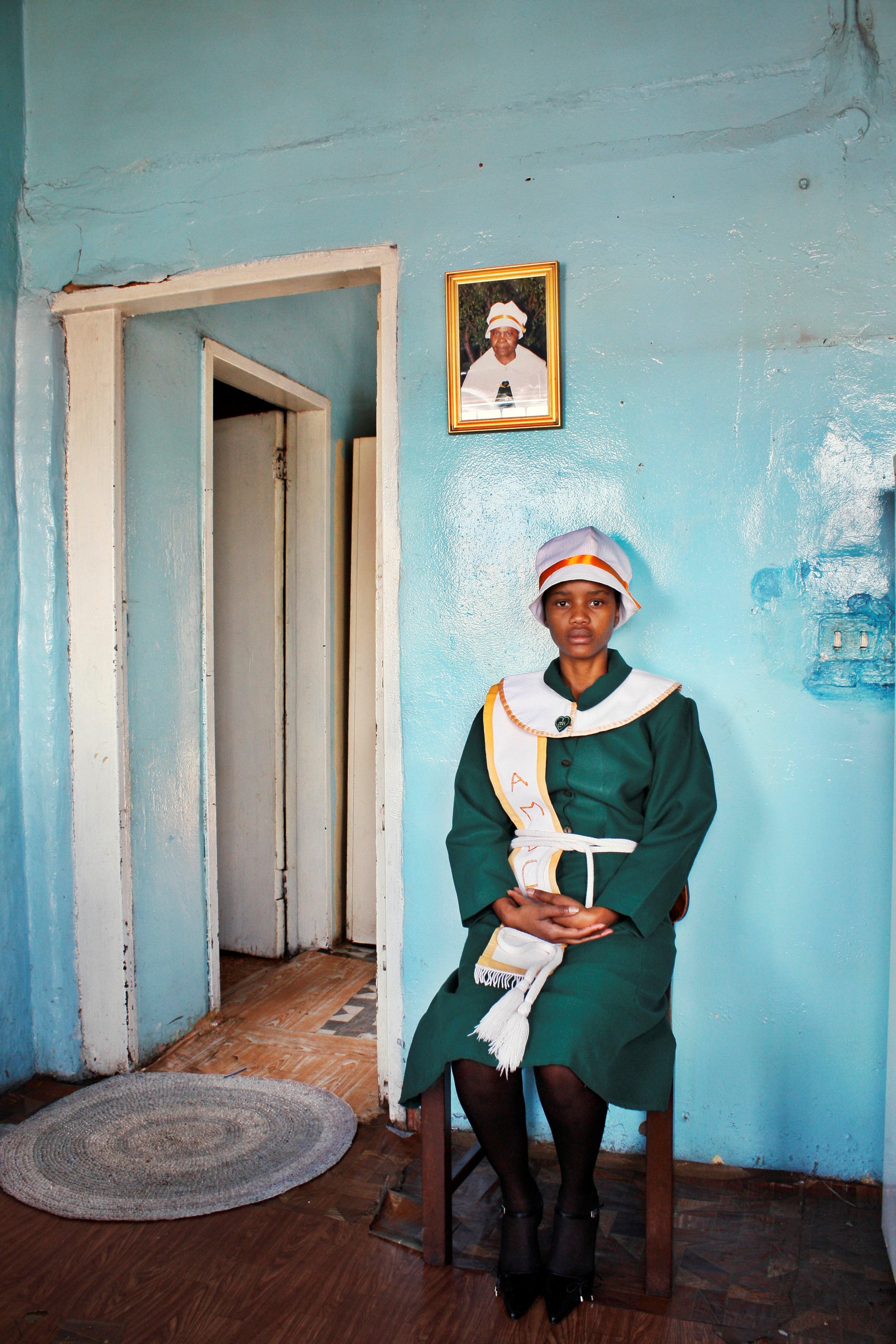Nothwithstanding the fact that the discourse on the reconfiguration of the South AfriKKKan state is essentially unfolding within the parameters of the neoliberal conception of the state, there are however a couple of false assertions that underpin the South AfriKKKan cabinet size debate.
The reduction of the executive (cabinet) to 28 ministries by President Ramaphosa, is actually a reversion to the Mbeki administration. The Mbeki administration also had 28 ministries. What qualitative impact did this configuration have on the socio-economic reality of the indigenous?
It is not factual that countries with a leaner cabinet than that of South AfriKKKa necessarily save money. Yes, their cabinets may be smaller, but some have a bigger and much costlier state structure.
Take for example the defence structure and budget of the US versus that of South AfriKKKa. The defence structure and budget of the US is ten times bigger than that of South AfriKKKa.
However, to base decisions of human development solely on financial implications-is actually more deleterious to the intended beneficiaries than wasteful expenditure (particularly in the context of a colonised people).
It is also important to make a distinction between the total cost of the state structure to the national fiscus and the cost of the executive (cabinet) structure. State structure and cabinet structure shouldn't be treated as synonyms. They are not.
Equally important is the need to make a distinction between a reconfiguration of the executive or state that is purely designed to appease foreign capital and one that is designed to effect a historically-grounded project of structural socio-economic re-engineering, that is driven by the natural right of an indigenous people to determine their own destiny.






















